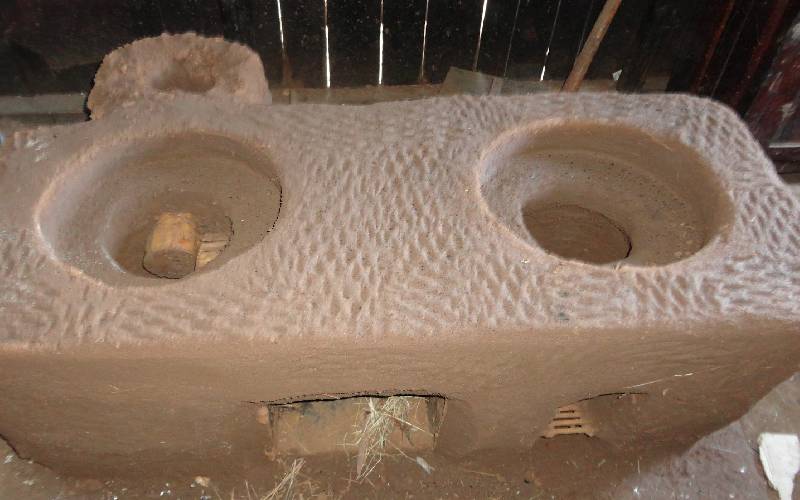×
The Standard e-Paper
Join Thousands Daily

Many people who grew up in shags have fond memories of the village kitchen. It was the most important place in the homestead, where the matriarch of the home would whip up hot, savoury dishes for the family. The kitchen was also the most dreaded place, especially when it was time to light the three-stone fireplace. Smoke would billow through the windows and up into the sky.